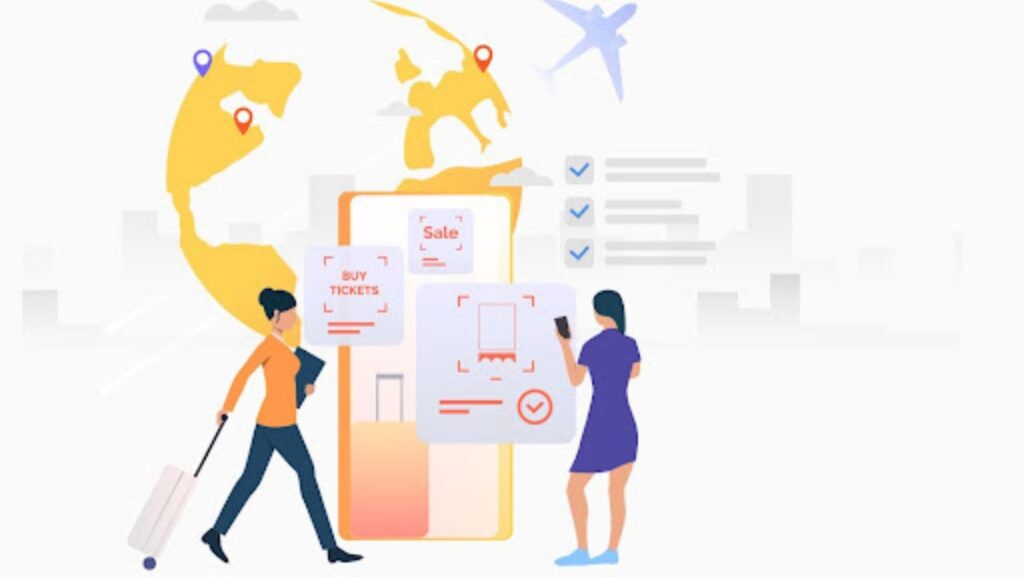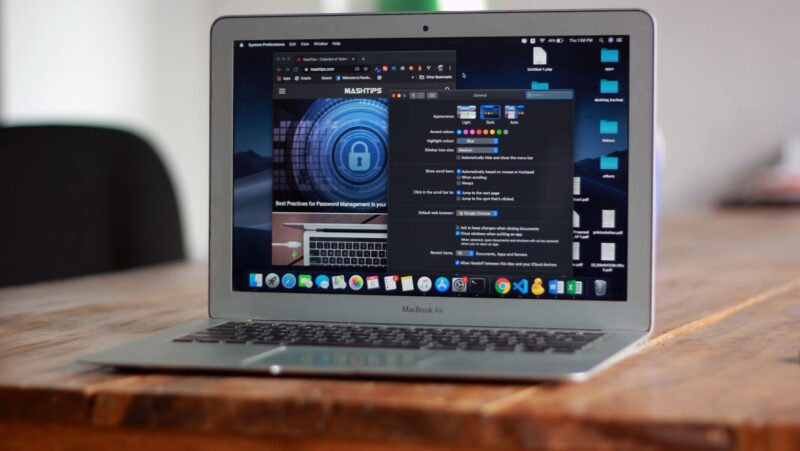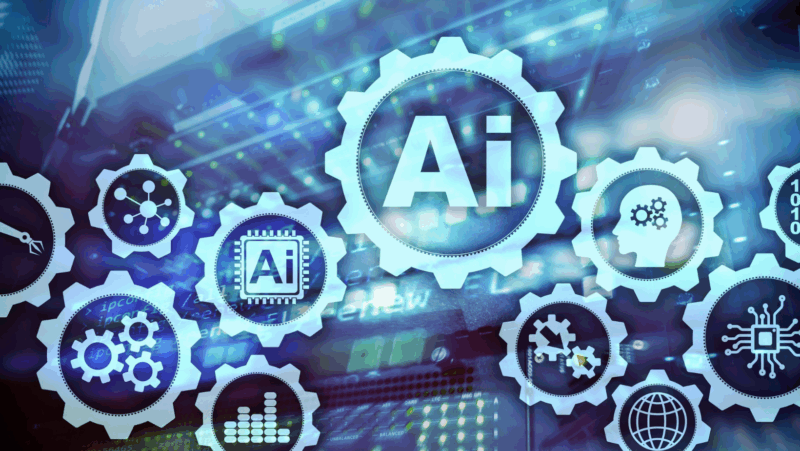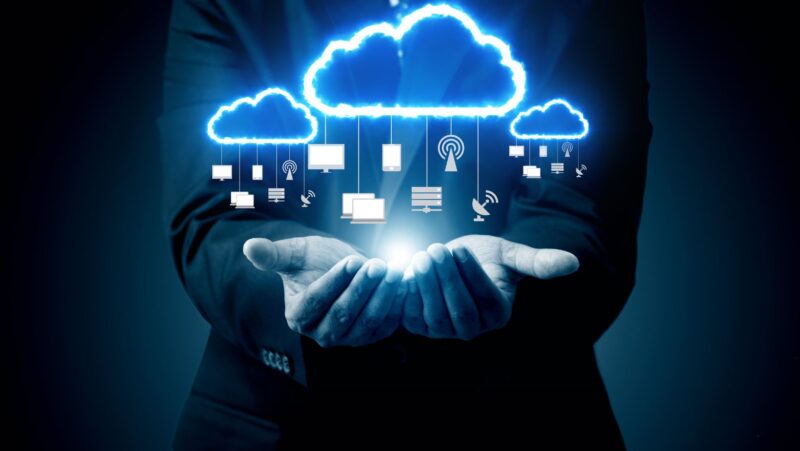
Thanks to technological improvements, the lodging sector has seen a striking transition recently. Technology plays a critical role in boosting the whole experience of travelers from the moment they plan their visits to the moment they check out of their hotels. This essay examines how innovation is transforming both the visitor experience and how the hospitality sector functions.
Streamlined Booking Processes
The days of travelers making reservations over the phone or only using travel agents are long gone. The use of technology has greatly streamlined and improved the booking procedure. Today, travelers can easily book a hotel by going to its website or by using specialized booking services. Tourists may evaluate options and make informed judgments thanks to the real-time availability and pricing information provided by online booking platforms. The use of actual credit cards is no longer necessary, thanks to the integration of mobile apps and digital wallets, which has further streamlined the payment process.
Seamless Check-in and Check-out
Thanks to technology, lengthy lines at the front desk are becoming a thing of the past. To speed up check-in, resorts are now using self-check-in kiosks and smartphone check-in options. The process for receiving their hotel keys is as simple as giving their identification information, having their reservation verified, and so on. Additionally, mobile check-out enables customers to settle their accounts, evaluate their spending, and offer feedback via specialized apps, enhancing productivity and saving time. In addition to improving the overall guest experience, this technology frees up staff to concentrate on offering individualized services and rapidly resolving guests’ difficulties.
Specialized Software for Efficient Operations
The lodging industry uses specialist software in the background to automate processes and guarantee effectiveness. Hotels can efficiently manage reservations, housekeeping, billing, and inventory thanks to property management systems (PMS). These programs streamline operations, lessen human error, and give users extensive data insights to aid in decision-making.
In addition to hotel operations, specialized software has advanced significantly in the boating sector as well. The way boat rental firms operate and manage their fleets has been changed by effective boat charter software, for instance. These programs include complete functionality for resource allocation, customer relationship management, and booking management.
Personalized Guest Experiences
Resorts may now provide individualized services that are catered to the needs of each individual guest, thanks to technology. Hotels can collect and analyze guest data with the aid of customer relationship management (CRM) systems to learn about their preferences, previous reservations, and feedback. Businesses can use this information to anticipate and meet the demands of their visitors, from individualized room settings to specialized facilities. Additionally, by combining machine learning (ML) and artificial intelligence (AI) algorithms, companies are now able to provide customers with tailored recommendations for nearby events, restaurants, and attractions based on their preferences and past visits. For visitors exploring new cities, services like afordable car rentals in Adelaide can also be recommended based on travel preferences, ensuring seamless and cost-effective transportation options
Smart Room Technology
The hospitality sector now has access to smart room technology because of developments in the Internet of Things (IoT). Hotels are supplying their rooms with smart gadgets and voice-activated sensors that can be operated from smartphones. With the use of smart gadgets, visitors may control the lighting, the drapes, and even the housekeeping staff. In addition, resorts can monitor energy use, allocate resources more efficiently, and maintain an environmentally friendly setting thanks to IoT-enabled gadgets. For tech-savvy tourists, this technology not only improves convenience but also provides a distinctive and cutting-edge experience.
Enhanced Communication and Service
According to a business phone provider in Buffalo, advancements in technology have significantly improved communication between hotels and their customers, leading to faster and more efficient service. Resorts are using a variety of communication tools, including chatbots, instant messaging, and mobile apps, to respond to inquiries from visitors, provide information, and offer support around the clock. Through these platforms, visitors can ask for recommendations, order room service, or report any problems, allowing for quick responses and effective issue resolution. Additionally, businesses use social media platforms and online review sites to interact with visitors, collect comments, and actively manage their online reputation.

Additionally, the incorporation of chatbots powered by AI enables hotels to offer quick responses and tailored recommendations, improving communication and service for visitors. In conclusion, innovation has completely changed the hospitality sector and how travelers experience their travels. Technology has transformed the industry, from accelerating booking procedures and providing personalized experiences to enabling seamless check-in and check-out and introducing smart room technologies. We can anticipate more technological developments that will impact the hospitality sector in the future and lead to more convenient, customized, and immersive travel experiences.











